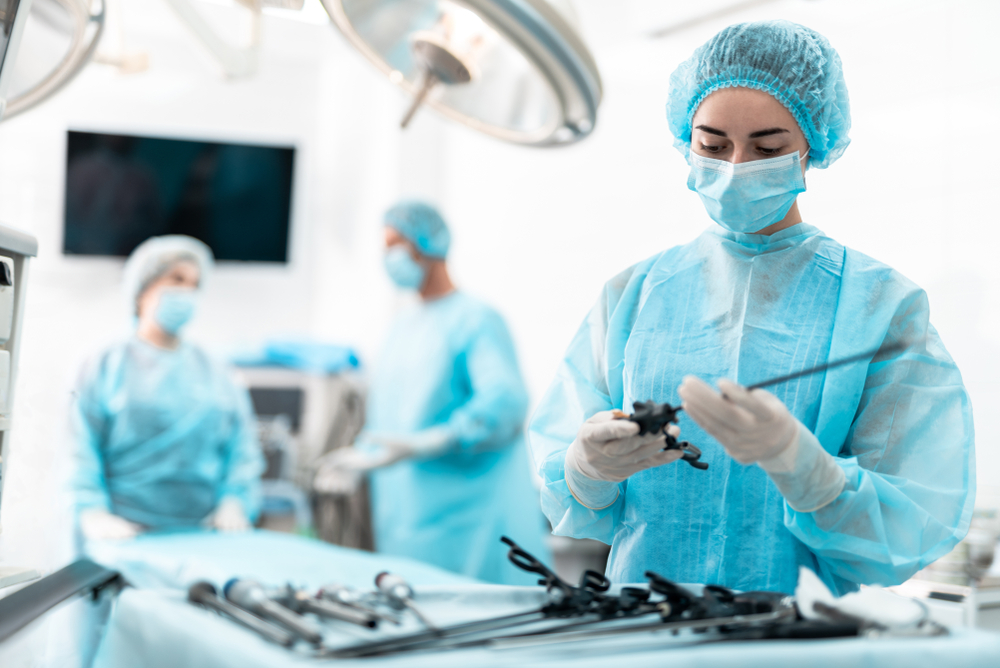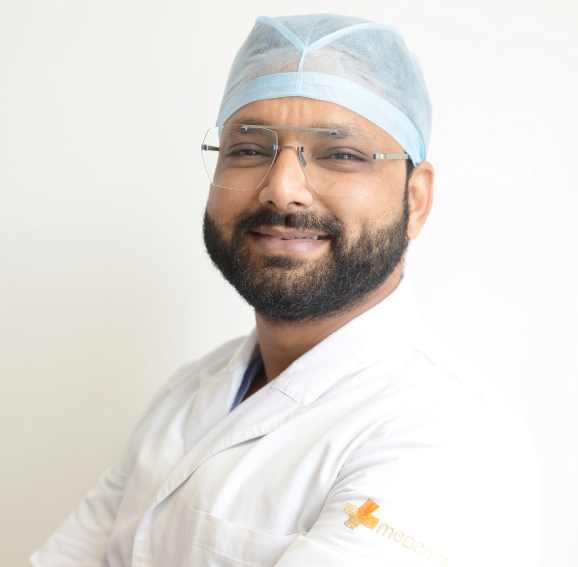
Using Laparoscopic Surgery to Treat Gastrointestinal Disorders
Introduction:
Most of the times, lifestyle changes and diet adjustments are all that may be needed to fix gastrointestinal problems, some long-term conditions are more troublesome and may require surgery as a part of the treatment.
In the early days, traditional surgery required opening up the abdominal cavity with large incisions at the center of the abdomen. The advanced Keyhole surgeries require only small incisions to allow the instrument to pass.
Another type of surgery that mixes the two approaches is called hand-assisted surgery. In this type, a 3-4 inch incision allows the surgeon’s hand access to the operation site.
What are the advantages of laparoscopic procedures?
- Smaller incision and less scarring
- Quicker recovery
- Fewer chances of infections
- Less painful and lesser loss of blood
- Lesser chances of needing blood transfusions
- Laparoscopy can help in the accurate diagnosis of certain conditions
What are the conditions treated by laparoscopy?
Laparoscopy can be used to either treat or manage the symptoms of the following diseases:
- Appendicitis - When the appendix becomes large and inflamed
- Colorectal cancer - Removing cancerous tumors
- Diverticulitis - Inflammation of a small pocket of the intestine
- Gallbladder disease - Gallstones and related problems
- Familial polyposis - Usually a precursor to colorectal cancer
- Crohn’s disease and Ulcerative colitis (IBD) - When the immune system attacks the intestines causing pain and inflammation
- Bowel incontinence - Condition in which the person is unable to control or hold stools
- Prolapse of the rectum - When a part of the rectum comes out through the anus
- Very large polyps that cannot be removed through the colon
- Chronic and severe constipation
What are the precautions to follow before the laparoscopic procedure?
Your doctor will recommend tests to understand your general state of health and how well you can tolerate anesthesia(PAC). These may include blood tests, ECG, Chest X-Ray, Lung function test, etc.
Your intestines will need to be cleaned and you may be prescribed laxatives to take on the evening before the procedure for surgeries of the colon. It is important to follow these instructions and ensure that you complete your course of medication. This is required to reduce the chance of you catching an infection from bacteria already present in the contents of your intestine.
What are the precautions to observe after the laparoscopic surgery?
After surgery, you may be given food the same day or may be fed with a tube and the diet will be restricted to liquid depending upon the surgery done. You may also be given pain medications to manage the pain, as required. The medical team will measure the fluid intake and the fluid lost through different drains and bags, if placed during the surgery.
Some people experience nausea and vomiting after surgery. This is the result of your intestines being temporarily disabled by the anesthesia given during the procedure.
You are given support for rehabilitation by trained physiotherapist and asked to walk regularly.

